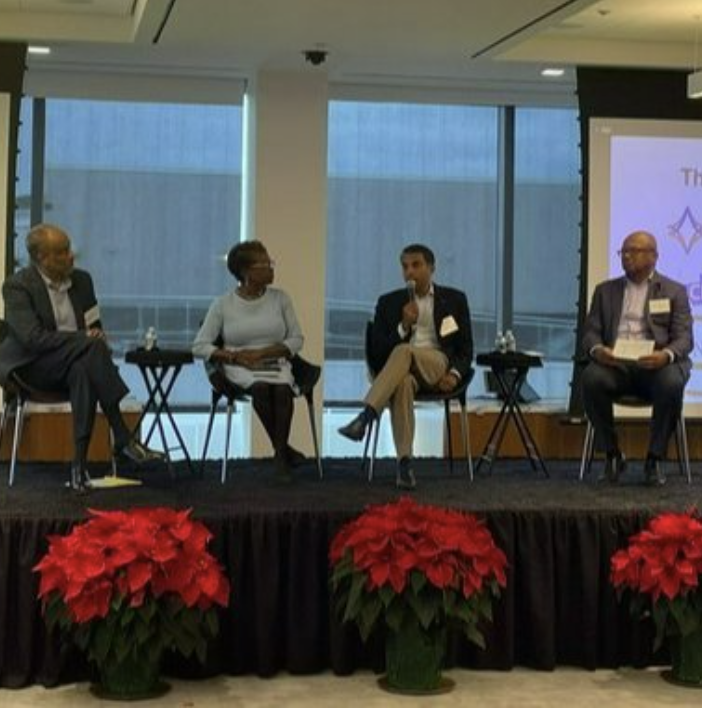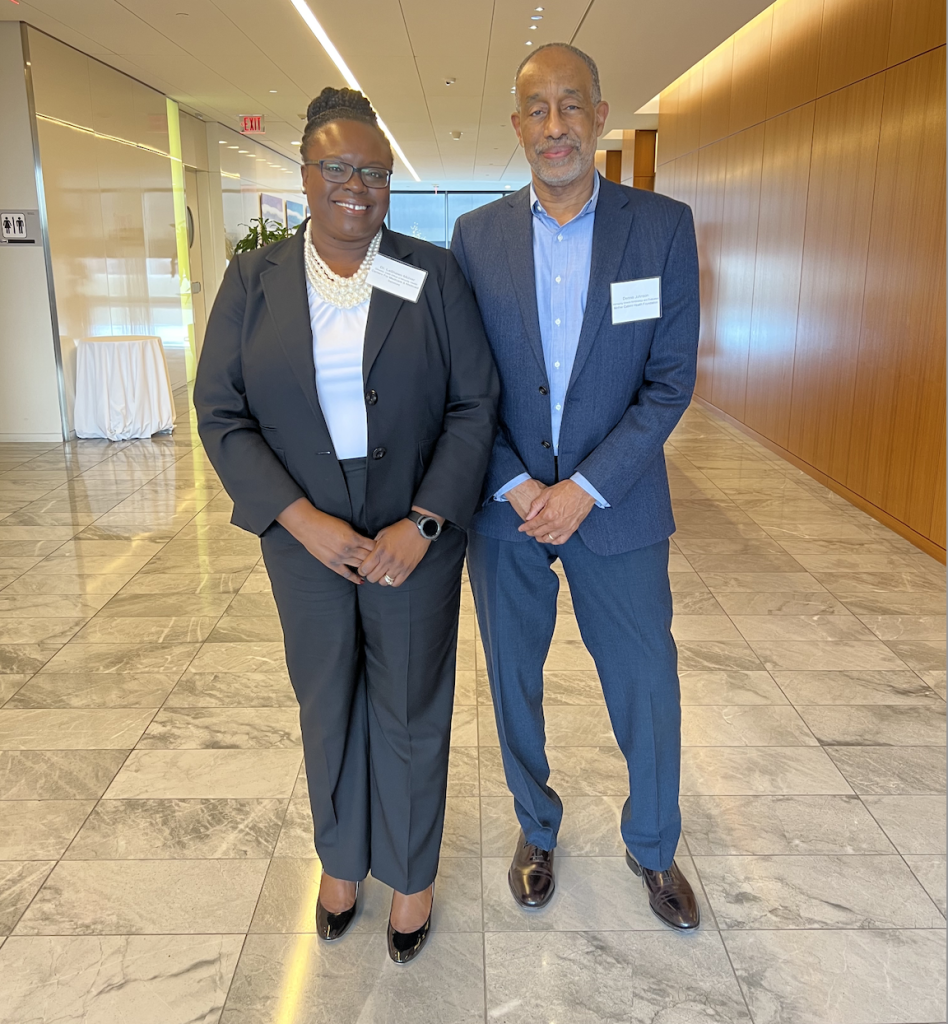The Issue:
Bridging the Digital Divide by Using Technology to Further Health Equity
Leaders Convene at Digital HealthEX Summit to Collaborate on Best Practices
The COVID-19 pandemic limited access to healthcare resources for many New Yorkers. To meet the moment for New Yorkers in need of care, many providers and nonprofits adapted by increasing use of telehealth and other digital resources to improve patient access and health outcomes and ease reliance on emergency and late-stage interventions.
However, inequitable access to telehealth tools and knowledge about how to use them continues to be a major barrier to care. In New York during the pandemic, almost 25% of residents lacked the infrastructure for basic internet connectivity to meet with healthcare clinicians, and approximately 1.6 million people did not have access to a personal laptop or desktop. These disparities are key social determinants of health, especially affecting minority populations who are more likely to face resource barriers.

Advancing digital health literacy is essential to facilitating the transition to tech-enabled healthcare and improving health outcomes.
To elevate the importance of this issue and encourage the adoption of telehealth resources for communities that currently lack adequate access, our Managing Director for Strategy and Evaluation, Dennis Johnson, moderated a panel at the Washington DC Digital HealthEX Summit, presented by the Howard University Health Innovation Project. The conference convened a diverse group of national leaders from government, health systems, health insurers, technology and life science, advocacy, trade associations, and academia to engage in cross-sector discussions and foster collaboration.
The panel, “Essential Building Blocks to Facilitate a Digitally Inclusive Ecosystem,” provided expert insights into the role of technology in addressing barriers to healthcare. Panelists included Mignon Clyburn, Former Commissioner of the Federal Communications Commission and Principal at MLC Strategies, Broderick Johnson, Executive Vice President Public Policy & Executive Vice President of Digital Equity at Comcast and Dr. Bimal Shah, Chief Operating Officer of Homeward Health. The panel reinforced the urgent need in the U.S. to address access barriers that contribute to socioeconomic disparities in health outcomes.

Dennis Johnson also spoke with LaShawn McIver, MD, MPH, Director, Office for Minority Health, Centers for Medicare and Medicaid Services at the Washington DC Digital HealthEX Summit, presented by the Howard University Health Innovation Project. McIver’s remarks reinforced the urgency of the nation’s commitment to addressing health access barriers that contribute to health inequity. Highlighting increased federal support for broadband development, surging interest and investment in digital health technology, and growing recognition of the value of encouraging and facilitating digital health literacy.
Improving access to digital health technology will be a key part of strategic efforts to address the challenges of making healthcare accessible to all underserved New Yorkers, especially those in rural communities. The Mother Cabrini Health Foundation is dedicated to supporting our grantee organizations across the state that are working diligently to provide access to quality technology-enabled care for those in need.
